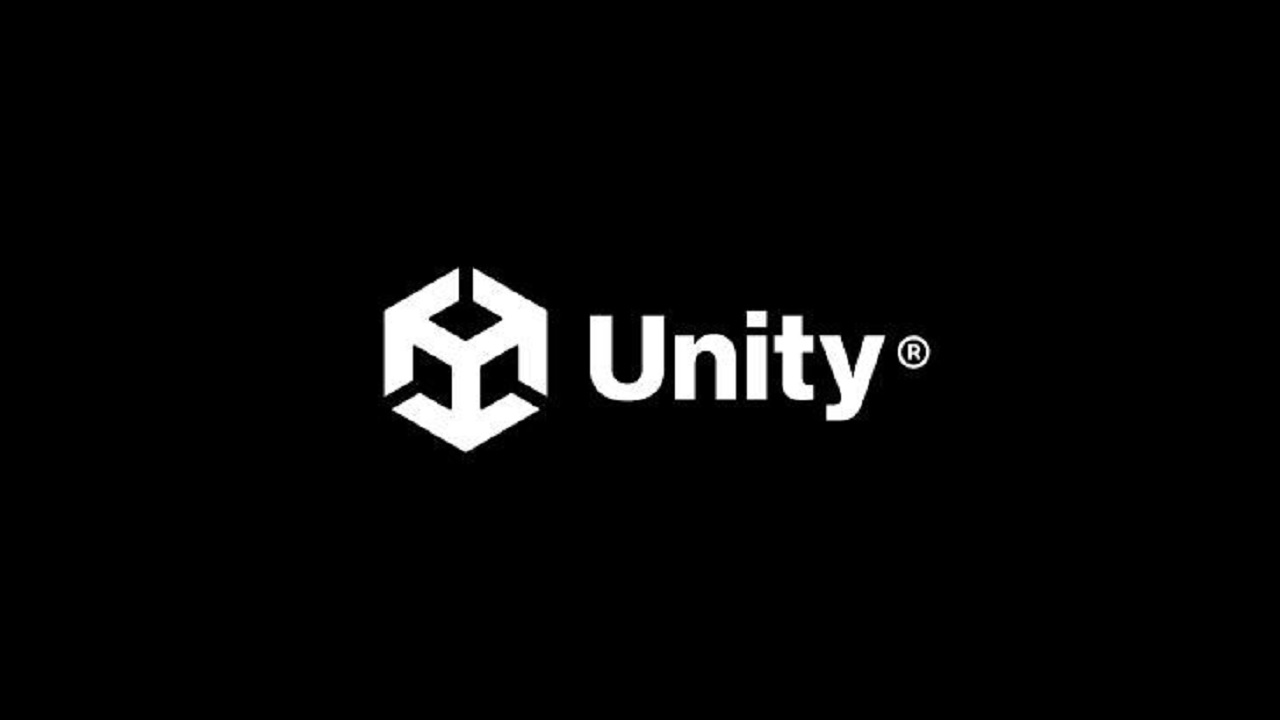Unity apologizes for Runtime Fee plan announcement, details further changes
Company thanks users for "hard feedback."

All the latest news, reviews, and guides for Windows and Xbox diehards.
You are now subscribed
Your newsletter sign-up was successful
What you need to know
- Unity recently a controversial set of new terms governing fees for engine users based on the number of times a game was installed.
- The new terms were received extremely poorly across the gaming industry, with Unity apologizing and planning to change in response to feedback.
- Unity has shared a new set of guidelines, with currently-existing games not affected by the Runtime Fee.
Unity is backpedaling from its prior position, though some controversial changes remain.
In an open letter to the community at large, Unity president and Unity Create lead Marc Whitten shared on Friday that "I am sorry" and that the company is adjusting its recent controversial changes to accommodate the feedback from developers in the gaming industry.
"We want to continue to build the best engine for creators," Whitten writes. "We truly love this industry and you are the reason why."
Moving ahead, Unity will be raising the cap on Unity Personal to $200,000 and the plan will remain free. Any games currently available that were built through any version of Unity or are about to arrive will not be subjected to the Runtime Fee.
Starting in January 2024, games built through Unity Pro and Unity Enterprise will still be subjected to the Runtime Fee, but developers will be able to choose between a 2.5% revenue fee or the "calculated amount based on the number of new people engaging with your game each month."
Unity is a popular game engine, being used for indie projects and major games alike, including titles like the Ori games, Genshin Impact, and more.
Analysis: Trust broken won't be easily regained
Obviously it's good that Unity is making any changes and listening somewhat, but the sheer nature of how things unfolded makes it hard to not be cynical about this company. Trust between Unity and developers wasn't damaged, it was shattered entirely, and while this move certainly assuages fears around existing games, it doesn't do anything to assure a publisher or indie dev that this kind of thing won't happen in the future.
All the latest news, reviews, and guides for Windows and Xbox diehards.

Samuel Tolbert is a freelance writer covering gaming news, previews, reviews, interviews and different aspects of the gaming industry, specifically focusing on Xbox and PC gaming on Windows Central. You can find him on Bluesky @samueltolbert.bsky.social.
